“Organic Agriculture is a production system that sustains the health of soils, ecosystems, and people. It relies on ecological processes, biodiversity and cycles adapted to local conditions, rather than the use of inputs with adverse effects. Organic Agriculture combines tradition, innovation, and science to benefit the shared environment and promote fair relationships and good quality of life for all involved.”
~ International Federation of Organic Agriculture Movements (IFOAM)
What does it mean to be organic?
Early organic pioneers recognized that organic management is a living systems approach to producing food. They shared the vision that through diverse agricultural practices, soil health, human health, and planetary health could be restored.
Today many people think of organic farming in terms of what is not allowed. But simply avoiding prohibited substances and practices isn’t enough to turn a conventional farm into an organic farm. Organic agriculture is an active, ongoing process that requires carefully selected management methods.
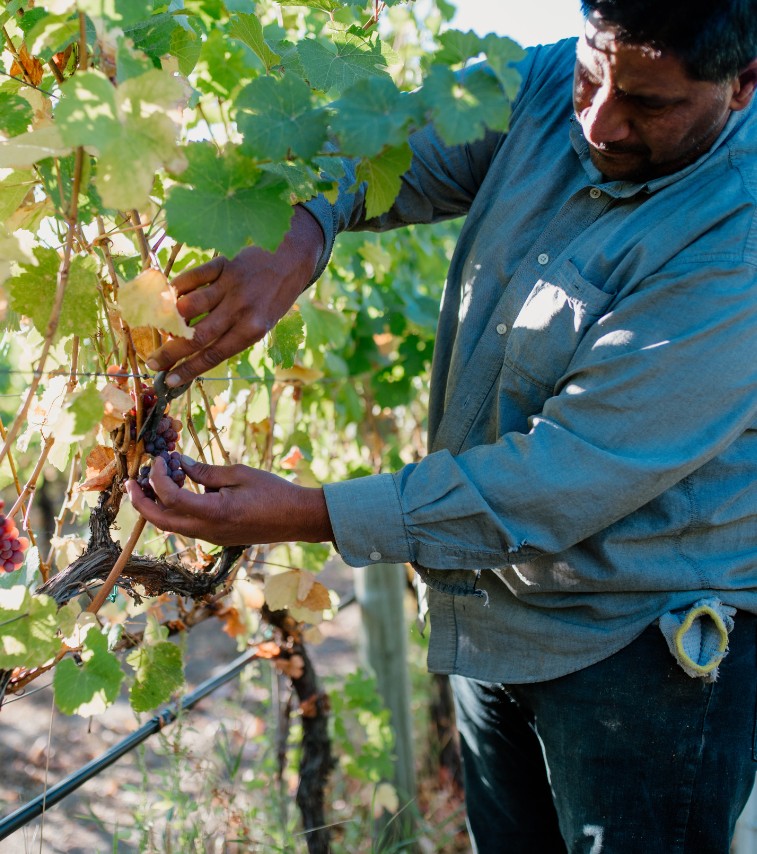
Organic agriculture is important to us because it is a principled practice, lived every day, through every season, in a way that permeates facets of our lives beyond growing food. It is an ongoing cycle of life, death, rebirth that is rooted in a vibrant community and principles of health, ecology, fairness, and care. A beautiful way to live!
Michelle Tsutsumi & Tristan Cavers, Golden Ears Farm
Healthy soils
Soil health is at the heart of organic agriculture, and current understanding of soil dynamics has validated and refined the practices developed by pioneers of the organic movement. Organic farmers nourish soil naturally by using quality compost, cover crops, mulches, integrated crop and livestock production, and more.
Healthy soil supports optimum plant growth, has increased capacity to retain water and intercept runoff, resist erosion, filter out nutrients and pathogens, and suppress pests, weeds and diseases. We also know that healthy soils sequester carbon, helping to mitigate climate change.
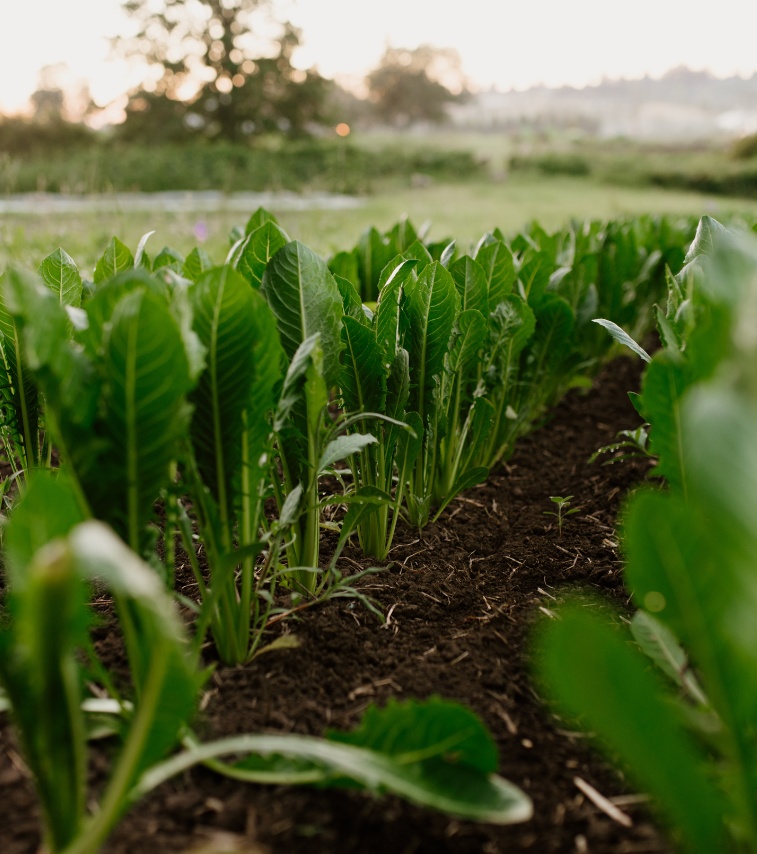
Biodiversity
Organic farmers promote biodiversity in a number of ways, such as growing a variety of crops, planting native plant species, managing frequency and timing of grazing, protecting wetlands, creating wildlife habitats, and more. These practices enhance the health and biodiversity of the surrounding land and have a positive effect on pollination, pest control and nutrient cycling within the production areas.
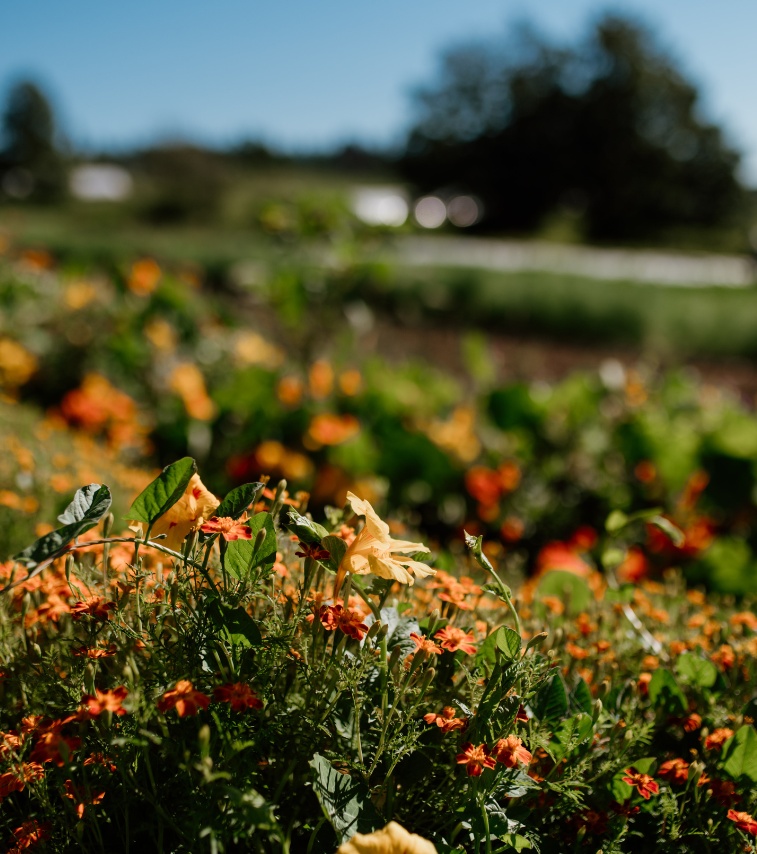
Animal Welfare
Good animal health and welfare of all farm animals is central to organic agriculture. Livestock and poultry are provided with organically produced feed, have access to grazing, fresh air and sunlight, comfortable and spacious shelter, and opportunities for natural socialization. Organic standards also specify maximum stocking densities.
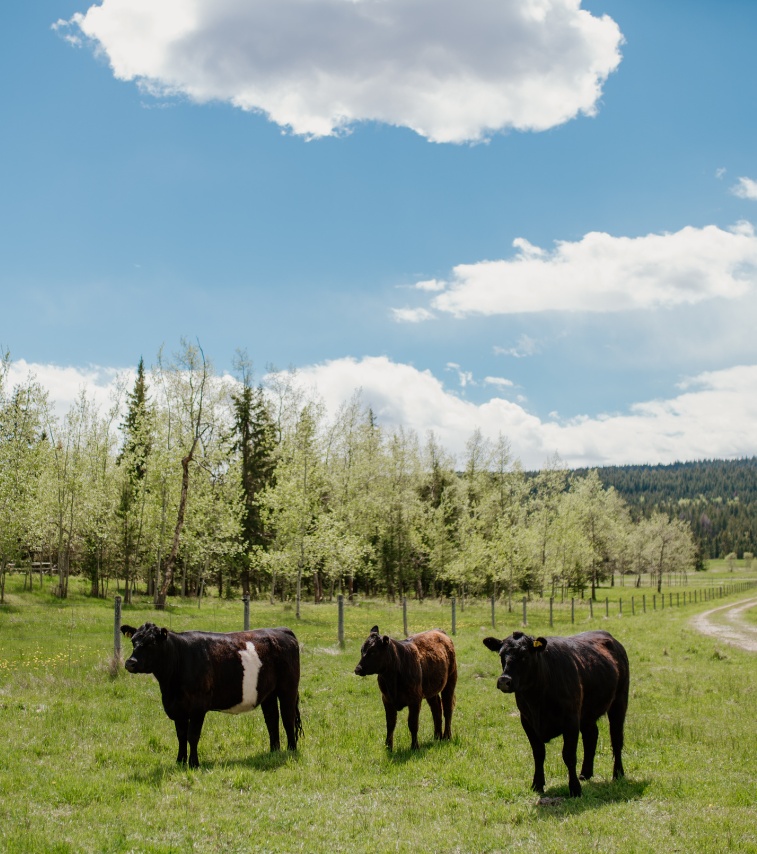
Sustainable organic agriculture is important to me because I want to leave a legacy for the next generation.
Reto Gebert, St. Hubertus Vineyard
Canadian Organic Standards
Organic agriculture in Canada is governed by rigorous standards that outline the principles, practices and permitted substances used in organic production systems. All products certified under the Canada Organic Regime or the BC Certified Organic Program must meet or exceed these standards.
Learn more about the Canadian Organic Standards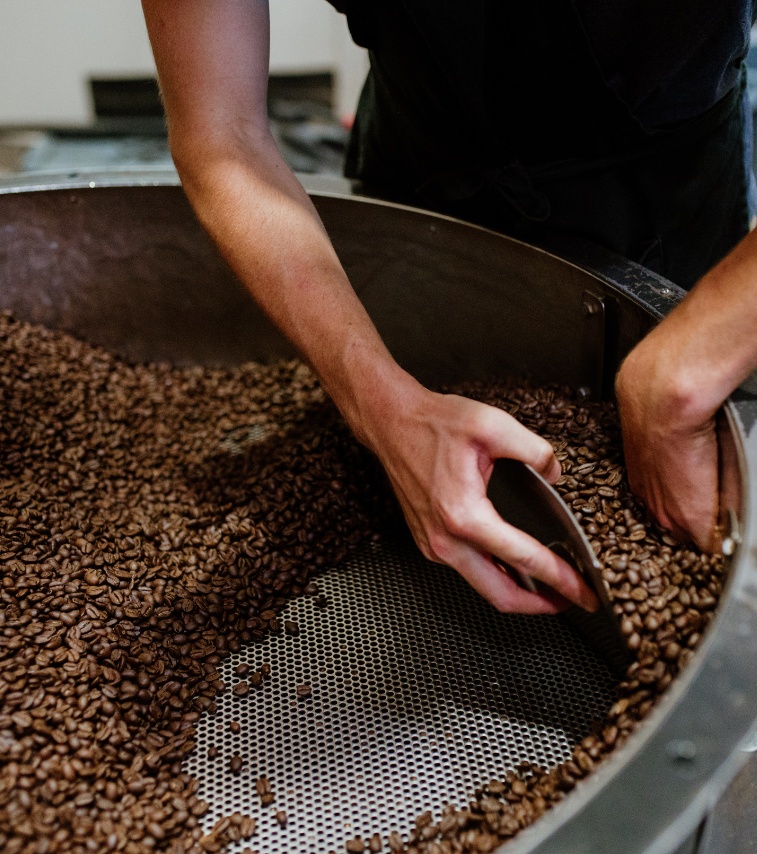
Principles of Organic Agriculture
Organic agriculture is guided by the Principles of Organic Agriculture, established by the International Federation of Organic Movements (IFOAM) in 2005. The principles outline the pathway to more sustainable and climate resilient food systems.
Principle of Health: Organic agriculture should sustain and enhance the health of soil, plants, animals, humans and the planet as one and indivisible.
Principle of Ecology: Organic agriculture should be based on living ecological systems and cycles, work with them, emulate them and help sustain them.
Principle of Fairness: Organic agriculture should build on relationships that ensure fairness with regard to the common environment and life opportunities.
Principle of Care: Organic agriculture should be managed in a precautionary and responsible manner to protect the health and well-being of current and future generations and the environment.
Download our “What is Organic” one-pager
Perfect for sharing, this one-pager gives an overview of what it means to be organic.
Download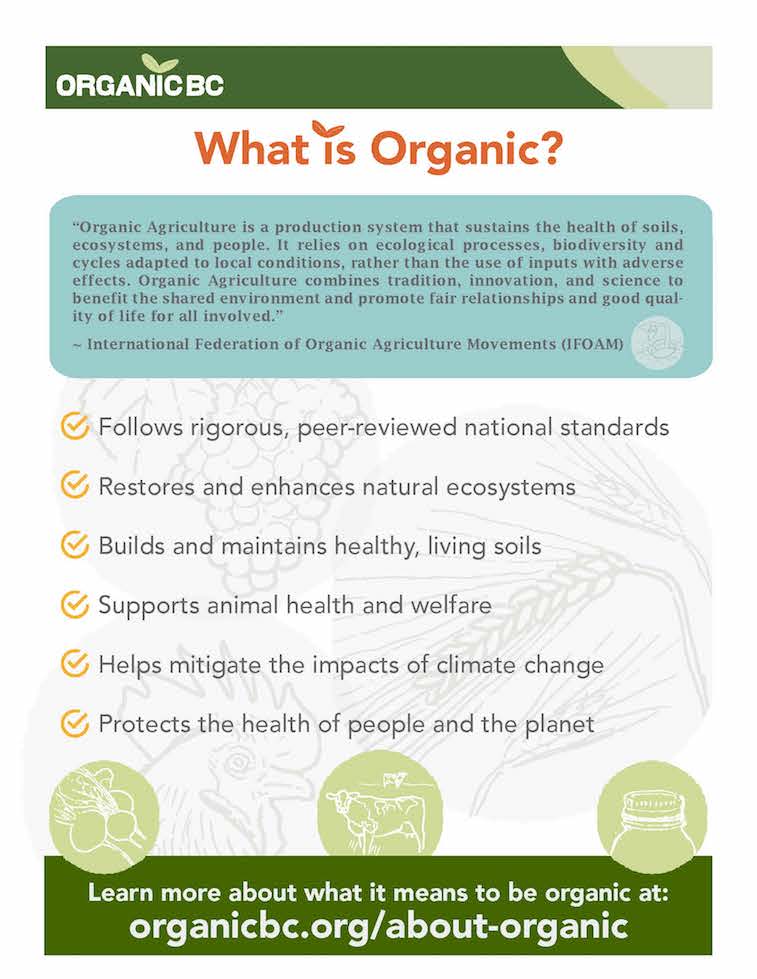
FAQ
When it comes to organic farming, the first and most important question is always, “why is this happening?” With a sound understanding of plant and soil health, organic producers use biological and mechanical methods of pest control, such as physical exclusion, soil management, crop rotation, cover crops and beneficial predators as their first line of defence. Only as a last resort do they turn to a very limited list of Canadian Organic Standards approved products that are, or mimic, naturally occurring pesticides.
To find an organic operator near you, use our organic directory. You can search by your location, the specific product you’re looking for, or by the name of the business.
Thanks to BC’s mandatory Organic Regulations, it’s easy to tell if a food product is organic since all food products marketed as organic must be certified through a provincial or federal program. That means if you see the word ‘organic’ on a food product in BC, you’ll know it’s certified and has been grown or made according to rigorous organic standards. Learn more about organic labelling in British Columbia.
No. Statements such as “spray free” or “natural” are not supported by transparent production standards and are not overseen by a third party to ensure compliance.
Certified organic products may be more expensive than non-certified products because everything used in production from start to finish needs to meet the organic standards, from seed to on-farm cleaning products to compost sources to the wood used in fences. Organic operators often employ more people, to build healthy soils and manage pests and weeds for example, which may lead to higher labour costs.
Correct. Canada organic regulations prohibit the use of genetically modified organisms (GMOs) in organic products.
The Canada Organic Trade Association (COTA) publishes comprehensive reports on the Canadian organic industry, focused on both consumers and producers. These reports offer valuable market insights and trends for the organic sector as well as specific details on how it is growing. COTA’s publicly available reports, both free and paid, are available for download online. Links to COTA’s reports can be found here.
Before a farm can become certified organic it must undergo a period of transition. Depending on the history of the land, transitioning to organic can take anywhere from 1 – 3 years. Transitional farmers follow all the same standards and are inspected annually, just like certified farmers, but cannot label their products as organic until they are certified.
There can be a steep learning curve and higher expenses as the farmer transitions, and these years can make or break a farmer to be. That’s why support from organic food lovers like you is essential to helping transitional organic farmers through the transition period! You can do this by talking to your local growers, looking for the transitional label, shopping at a farmers’ market that features transitional organic farmers or by joining a transitional CSA.
How do I become certified organic?
For an overview of the certification process, please head over to our certification page.

